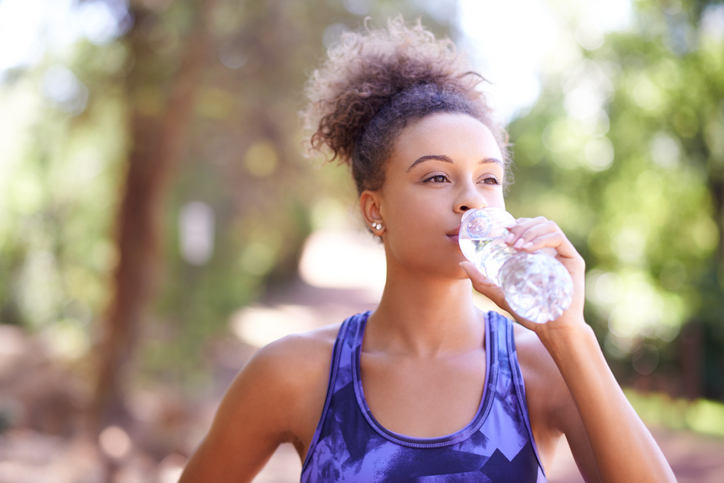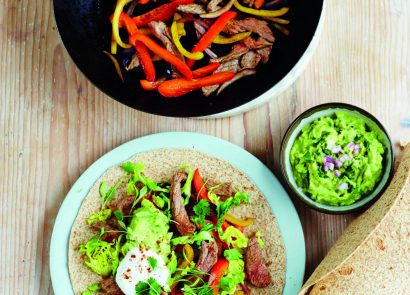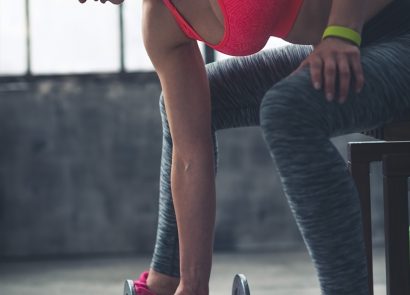A new study has revealed that millions of Brits are going days without drinking water. The research, commissioned by Britvic‘s family brand Robinsons showed that over a third (34 percent) of Brits confess to not drinking any water in a single day.
According to the NHS, six to eight classes of water is still the recommended guideline, which equates to 1.2L. The research also revealed that 62 percent of people admit to not drinking the recommended daily allowance and a fifth (20 percent) last drank a glass of water over a week ago.
Why is it important to stay hydrated?
“Keeping hydrated, especially during the summer months is important for so many reasons,” says hydration expert, Dr Emma Derbyshire. “The research shows that half (50 percent) of Brits suffer from headaches as result of being dehydrated and many also feel sleepy (41 percent) if they haven’t had enough fluid. As well as the short term impact, dehydration may also contribute to more long-term effects such as constipation, reduced kidney function and kidney stones, urinary tract infection and mental confusion – so it’s vital to ensure fluid intake is in line with recommended guidelines for men and women.”
Hydration tips
1. Regular timings
Avoid going for long periods during the day without drinking water or fluids. Most people drink their fluids later in the day when they begin to feel thirsty. Start the day with a large glass of water to top up the bodies water levels before the day begins.
2. Mix it up
Liquids can come from an array of sources. Of course, water itself but also diluted squashes, such as Robinsons, herbal teas and even some foods with a high water content such as melon and cucumber can count too.
3. Aim for water guidelines
Water guidelines have been set at 2 litres daily for women and 2.5 litres daily from men. These amounts however can come from both fluid and food sources – typically 70 percent should come from fluids and 30 percent from foods.
4. Do you need a bit more?
If you are particularly active, work outdoors for long periods of time or are pregnant or breastfeeding, water requirements may need to be further adjusted. For example, pregnant mums need an extra 300ml (one to two glasses) and a breastfeeding mum and extra 700ml (three to four glasses) or water daily, on top of basic requirements.
Not drinking enough water can lead to headaches and dizziness. Find out what really happens to your body when you’re dehydrated.





















